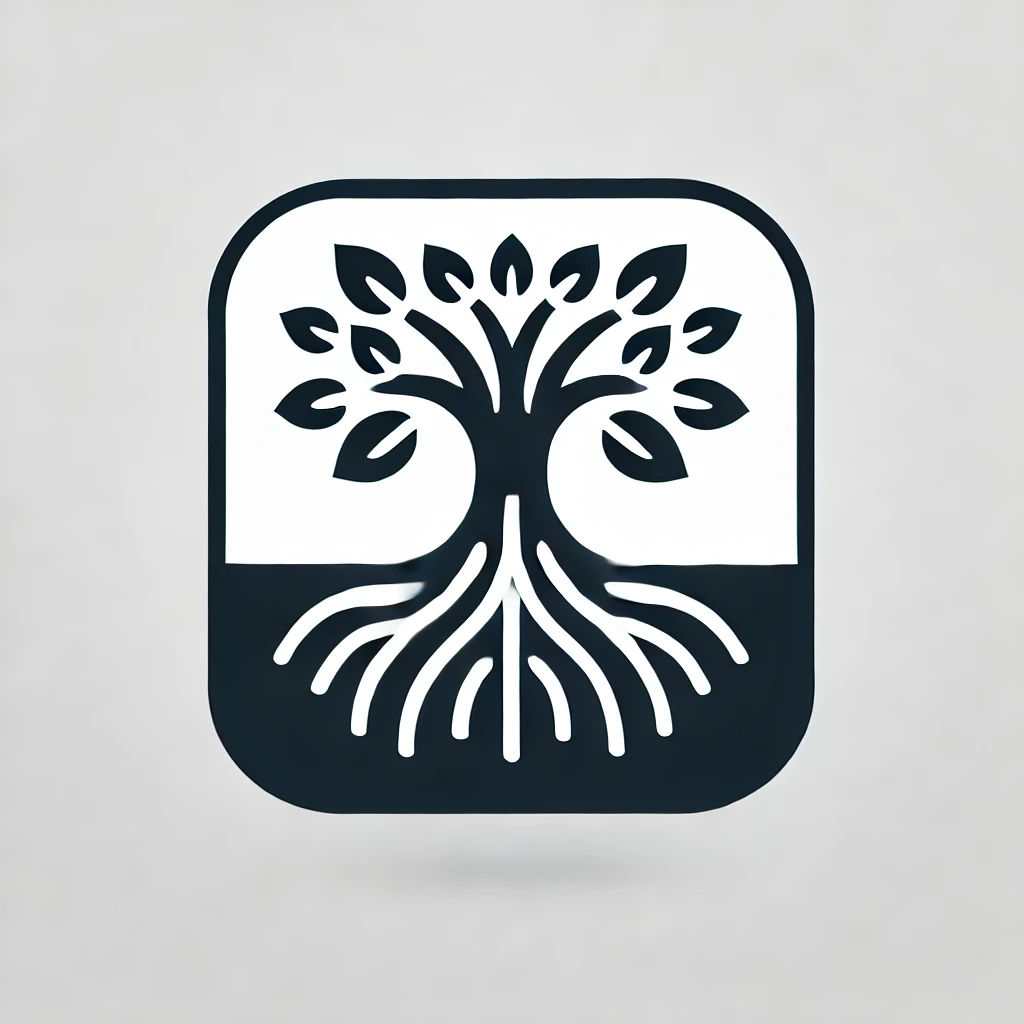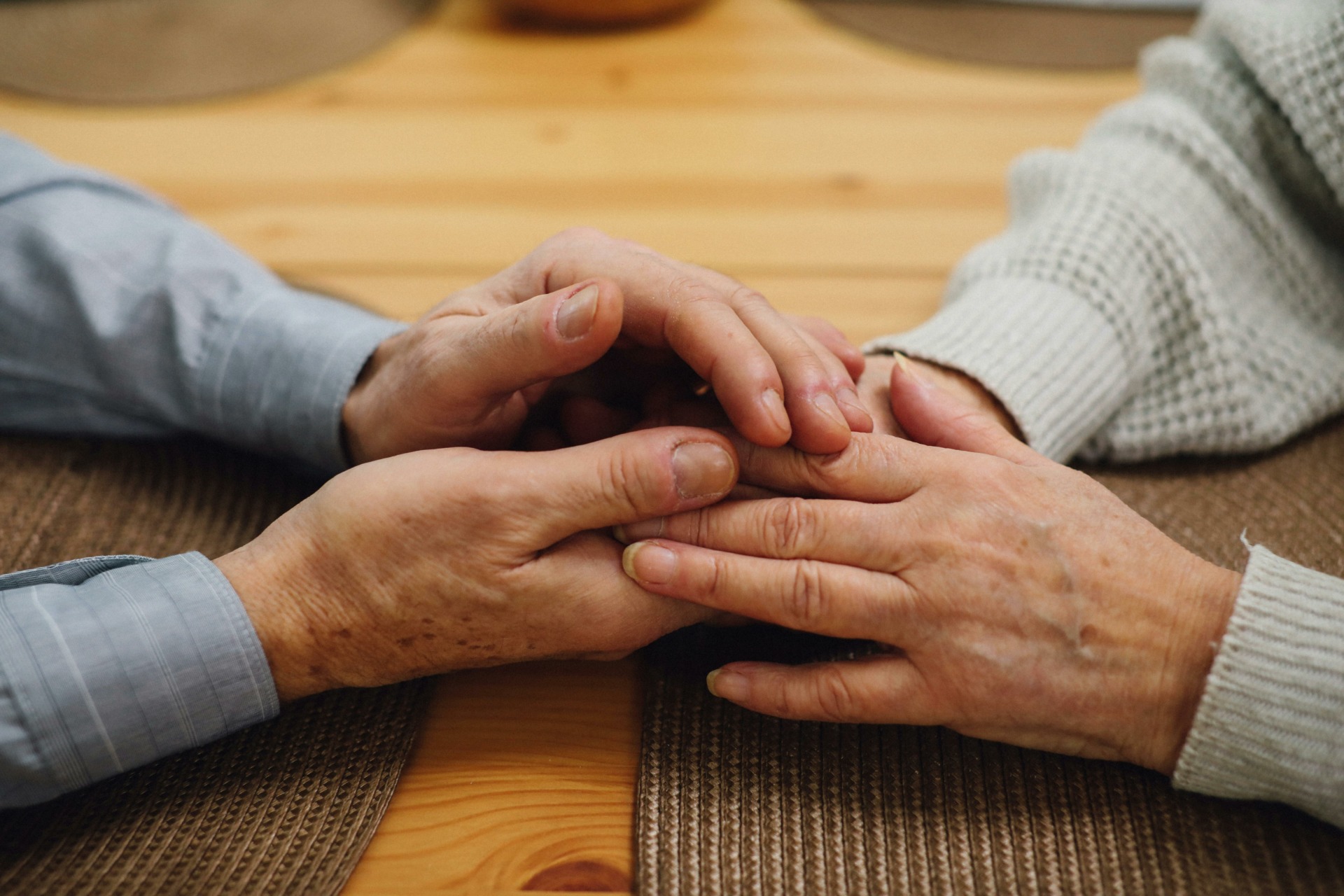Relationships evolve over time—whether they are friendships, family bonds, or romantic partnerships. As we grow older, life changes may push us to re-evaluate the people we surround ourselves with. Some relationships naturally deepen, while others may feel strained, unfulfilling, or even toxic.
But deciding to re-adjust or end a long-term relationship—whether it’s a friendship that no longer serves you, a distant family bond, or even a romantic partnership—can be emotionally challenging. There’s a history, shared experiences, and deep emotional ties that make walking away or redefining boundaries feel complicated.
However, staying in relationships that drain you emotionally, mentally, or even physically can hold you back from living a happier, healthier life. The key is to handle these transitions with care, respect, and self-compassion.
Let’s explore healthy ways to evaluate, adjust, or gracefully end long-time relationships at an older age—without unnecessary guilt or regret.
💡 Why Relationships Change Over Time
As life evolves, so do our needs, priorities, and emotional capacities. Here are some common reasons relationships may feel different as we age:
✅ Personal Growth: You’ve changed—your values, interests, or perspectives may no longer align with certain people in your life.
✅ Lifestyle Shifts: Retirement, health concerns, or moving to a new location can create distance, both physically and emotionally.
✅ Emotional or Mental Drain: Some relationships become one-sided, leaving you feeling emotionally exhausted rather than fulfilled.
✅ Toxic Patterns: Long-term conflicts, negativity, or past wounds may continue to cause stress rather than bringing joy.
If you recognize any of these signs in a long-time relationship, it may be time to reassess its place in your life.
🛤️ Step 1: Reflect on the Relationship’s Value
Before making any decisions, take time to reflect on the relationship. Ask yourself:
🔹 Does this relationship bring me joy or drain my energy?
🔹 Do I feel supported, respected, and heard?
🔹 Am I holding on out of obligation, guilt, or fear of change?
🔹 Have I tried to improve the relationship, or is the effort one-sided?
Not all relationships need to end—some just need adjustments to feel more balanced and fulfilling.
🔄 Step 2: Consider Adjusting Instead of Ending
If you don’t want to completely walk away, try setting healthier boundaries or adjusting the nature of the relationship.
🌿 Ways to Adjust a Relationship Without Ending It:
✅ Limit interactions—Spend less time together if the relationship feels draining.
✅ Shift the conversation—Avoid triggering topics or focus on shared interests instead.
✅ Communicate your needs—Let them know what makes you feel valued and respected.
✅ Redefine expectations—Not all relationships need to be deeply emotional; some can be light and casual.
💡 Example: If an old friend constantly criticizes or complains, you don’t have to cut them off completely. Instead, see them less frequently or steer conversations toward positive topics.
✋ Step 3: How to End a Long-Time Relationship Gracefully
Sometimes, a relationship simply isn’t working anymore, and it’s best to let it go. Whether it’s a friendship, family bond, or romantic relationship, here’s how to end it in a healthy, respectful way.
1. Be Honest, But Kind
If you’ve decided to part ways, a clear and kind conversation is best. Avoid blaming or shaming—focus on your feelings and needs rather than the other person’s flaws.
🔹 Example: Instead of saying, “You’ve been a terrible friend to me,” try:
“I feel like we’ve grown apart, and I need to prioritize relationships that feel more fulfilling.”
If a direct conversation feels too difficult, a heartfelt letter, email, or gradual distancing can also work.
2. Accept That Some People Won’t Understand
Not everyone will accept your decision gracefully, and that’s okay. Some people might react with anger, guilt-tripping, or denial—especially if they don’t see the same issues you do.
Stay firm in your decision while keeping your response calm and mature. You don’t need to justify your choice beyond what you’re comfortable sharing.
🔹 Example Response to Pushback:
“I appreciate our past, but I need to make choices that feel right for my well-being.”
3. Focus on Mutual Respect and Closure
A healthy ending doesn’t mean burning bridges—it means moving forward with peace. If possible, end things on a note of gratitude, acknowledging the good times you’ve shared.
🔹 Example: “I appreciate everything we’ve been through together, and I’ll always cherish our memories, even though we’re going in different directions now.”
Even if the other person doesn’t respond the same way, closure is something you give yourself—not something you need from them.
🌟 Moving Forward: How to Fill the Space Left by a Relationship
Ending or adjusting relationships creates space for new opportunities and deeper self-care.
🌱 Ways to Move Forward After a Relationship Change:
- Reconnect with yourself—Explore new hobbies, activities, or passions.
- Strengthen existing relationships—Spend more time with the people who uplift you.
- Meet new people—Join social groups, classes, or community events that align with your interests.
- Prioritize self-care—Take time for reflection, relaxation, and personal growth.
💬 Final Thoughts: It’s Okay to Let Go
Not all relationships are meant to last forever, and that’s completely normal. Some serve us for a season, others for a lifetime. The most important thing is recognizing when a relationship supports your well-being—and when it no longer does.
Whether you choose to adjust, redefine, or walk away, the goal is to create a life filled with meaningful, fulfilling connections. Your time and energy are valuable—spend them with people who appreciate and respect you.
Photo by T Leish: https://www.pexels.com/photo/close-up-photo-of-an-elderly-couple-holding-hands-6975092/



Leave a Reply